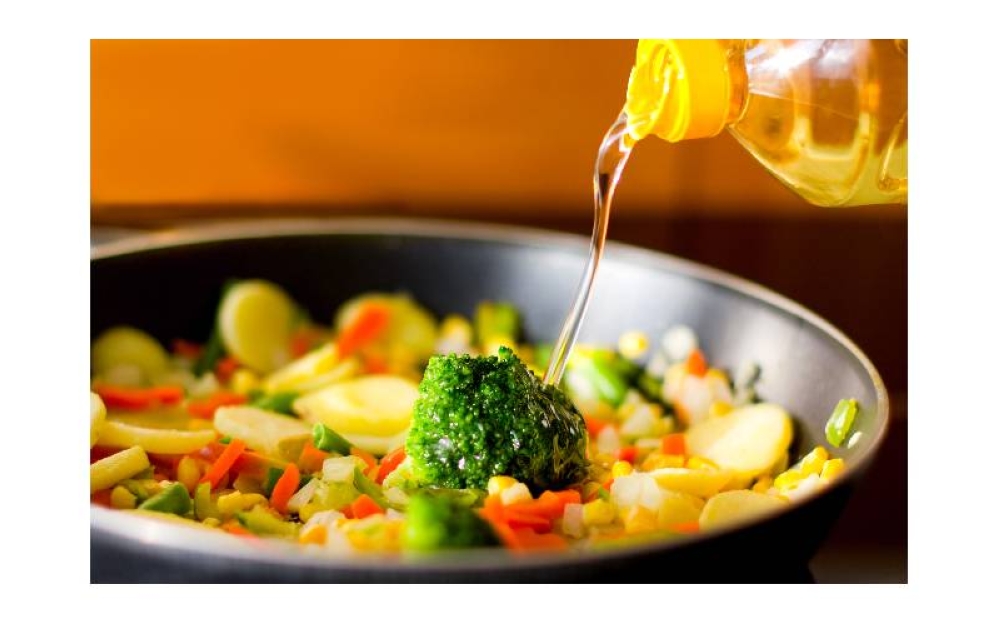6 things you should know about cooking oil disposal

Cooking oil is present in every kitchen. Used in abundance in fryers and as a base for cooking in a commercial kitchen, it is critical that cooking oil be properly kept, used and disposed of.
According to Mahoney Environmental, proper disposal of waste cooking oil is crucial because improper disposal is hazardous to the environment. Cooking oil measures should be placed in every commercial kitchen to regulate the use and disposal of cooking oil and to prevent spent oil from being poured down the drain. When cooking oil is poorly stored or handled, there is a greater possibility of an oil spill, which can create hazardous conditions in your kitchen.
1. How should used cooking oil be disposed of in the most environmentally friendly way? When it comes to used cooking oil disposal, the most environmentally friendly alternative is to recycle the oil. You need to know a professional who collects spent cooking oil and either recycles it or transports it to a recycling facility.
Professionals who perform used cooking oil recycling will deliver the oil to a facility where it will be broken down by anaerobic digestion. The cooking oil is broken down during this process and transformed into biogas, and this can be used to power cars, heat water, and create electricity. This used cooking oil can also be filtered and converted into biodiesel fuel, which is cleaner to burn than ordinary diesel fuel. It is also customary for used cooking oil to be used to prepare animal feed.
2. How can I get rid of used cooking oil? If the cooking oil in your kitchen passes its expiry date before it can be used, do not throw it away. Small amounts of outdated cooking oil can be discarded as long as they are in a sealable, non-breakable container. Cooking oil should not be disposed of in bags or breakable containers since there is a high risk of leakage and contamination of the natural environment.
If you have large amounts of old cooking oil, you can recycle it by returning it to the professional who supplies you with cooking oil.
3. What should I do with a huge amount of frying oil? Used cooking oil is frequently found in food services. It is critical for you to have containers for storing leftover cooking oil. While modest amounts of cooking oil can be discarded in the manner described above, it is preferable to collect significant amounts of spent cooking oil and transport it to be processed and recycled.
4. How do I rinse olive oil? Olive oil, like vegetable oil and other cooking oils, should never be rinsed down the drain or tossed directly into the trash. Before throwing away used olive oil, place it in a sealable, non-breakable container and place it in the trash. Small amounts of wasted olive oil can also be composted by homeowners.
The best course of action is to store used olive oil in the same containers as other old cooking oil so that it can be collected and recycled.
5. Can I dispose of spent cooking oil in my yard? You cannot do that. Even if you spill cooking oil on the grass, it will make its way into the sewer system and cause clogs and other problems. It is also harmful to wildlife to dump and leave spent cooking oil outside.
6. Can I flush cooking oil down the toilet or sink? Cooking oil should never be poured down any drain, including sinks and toilets. It will cause a blockage in the pipes.It also can cause clogs in municipal sewer lines, resulting in costly damage that is expensive to repair.
You need to take every precaution to prevent cooking oil from being washed down the drain. Grease traps must be installed in commercial kitchens to filter grease and oil from water that drains, and dishes containing remaining oil should only be washed in sinks that drain into a grease trap.












